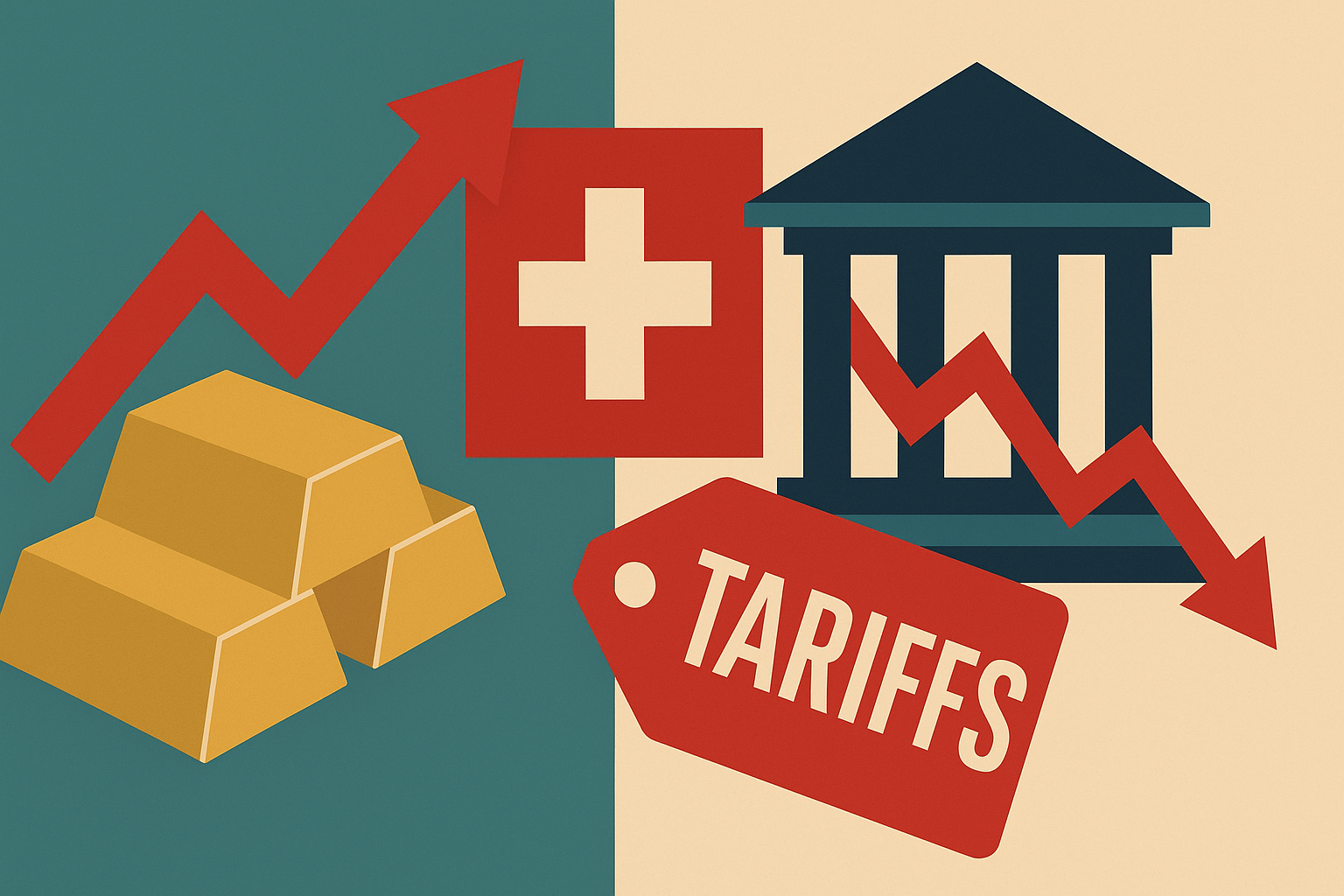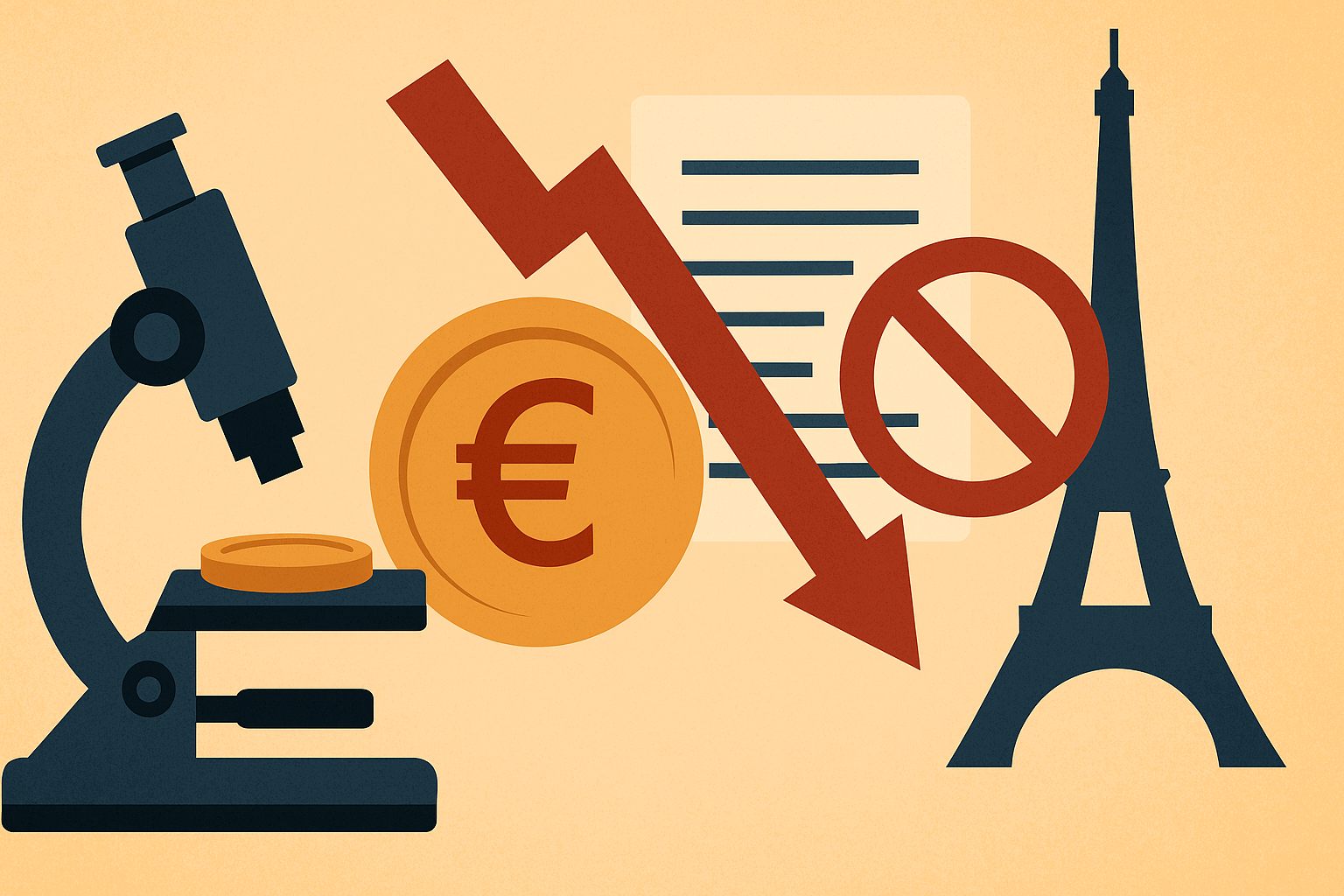As Switzerland faces mounting pressure over new U.S. tariffs, a parallel economic battle is unfolding at home — one that may offer UBS CEO Sergio Ermotti a timely opportunity.
Last week, U.S. President Donald Trump imposed steep new tariffs on Swiss goods, blindsiding the government in Bern and placing Swiss President and Finance Minister Karin Keller-Sutter in the political crossfire. Swiss exports, particularly in the watchmaking industry, now face a 39% U.S. import tax, more than double the 15% imposed on EU competitors. The Swiss watch sector alone recorded $3 billion in U.S. sales in the first half of 2025, underlining the scale of the challenge.
Yet while the government scrambles to address a potential wave of job losses, especially in traditional export sectors, UBS is quietly fighting its own battle on another front — one that may benefit from the current climate of economic anxiety.
UBS Pushes Back Against Capital Rule Changes
UBS, which recorded $3 billion in U.S. revenue during the same period, is pushing back against proposed capital regulations that could force the bank to hold up to $26 billion in additional equity — a significantly higher burden than that faced by global peers. These rules, championed by Keller-Sutter’s finance ministry, focus on the treatment of foreign subsidiaries and would make UBS less competitive internationally, especially in the U.S. market.
Ermotti has argued that such measures could trigger job cuts and discourage Swiss investment abroad — notably in the U.S., where tensions over trade are already on the rise.
The irony is not lost on UBS. The bank was hailed as a savior in 2023 when it rescued the failing Credit Suisse, yet soon faced criticism for having secured what some dubbed the “deal of the century” at the Swiss public’s expense. Likewise, Swiss trade officials thought relations with the Trump administration were on solid ground — until a phone call last week in which the U.S. president reportedly accused Switzerland of “stealing money” from America.
A Tactical Moment for UBS
Despite official signals that the finance ministry is not open to negotiation, UBS has not abandoned its efforts to ease the capital requirements. With pressure mounting on Keller-Sutter to support Switzerland’s export-driven economy, Ermotti’s argument — that tougher capital rules risk damaging an already fragile economic outlook — may gain traction.
Observers note that both the tariffs and the capital regulations raise concerns about economic competitiveness and market access, and that Swiss policymakers might be more open to compromise with UBS as they look to stabilize broader financial and trade conditions.
Caution in Celebration
Still, any advantage UBS may gain must be weighed carefully. Many of the companies hardest hit by the new tariffs are also UBS clients. A prolonged downturn in exports could weaken Switzerland’s economic outlook and further dampen interest rates, which have already returned to zero amid disinflationary pressures.
While Ermotti may privately acknowledge the ironic parallels in his battle and the government’s, he and other leaders in the Swiss private sector will be watching closely to see how Keller-Sutter handles the escalating crisis — and whether it opens the door to regulatory relief for the country’s largest bank.








